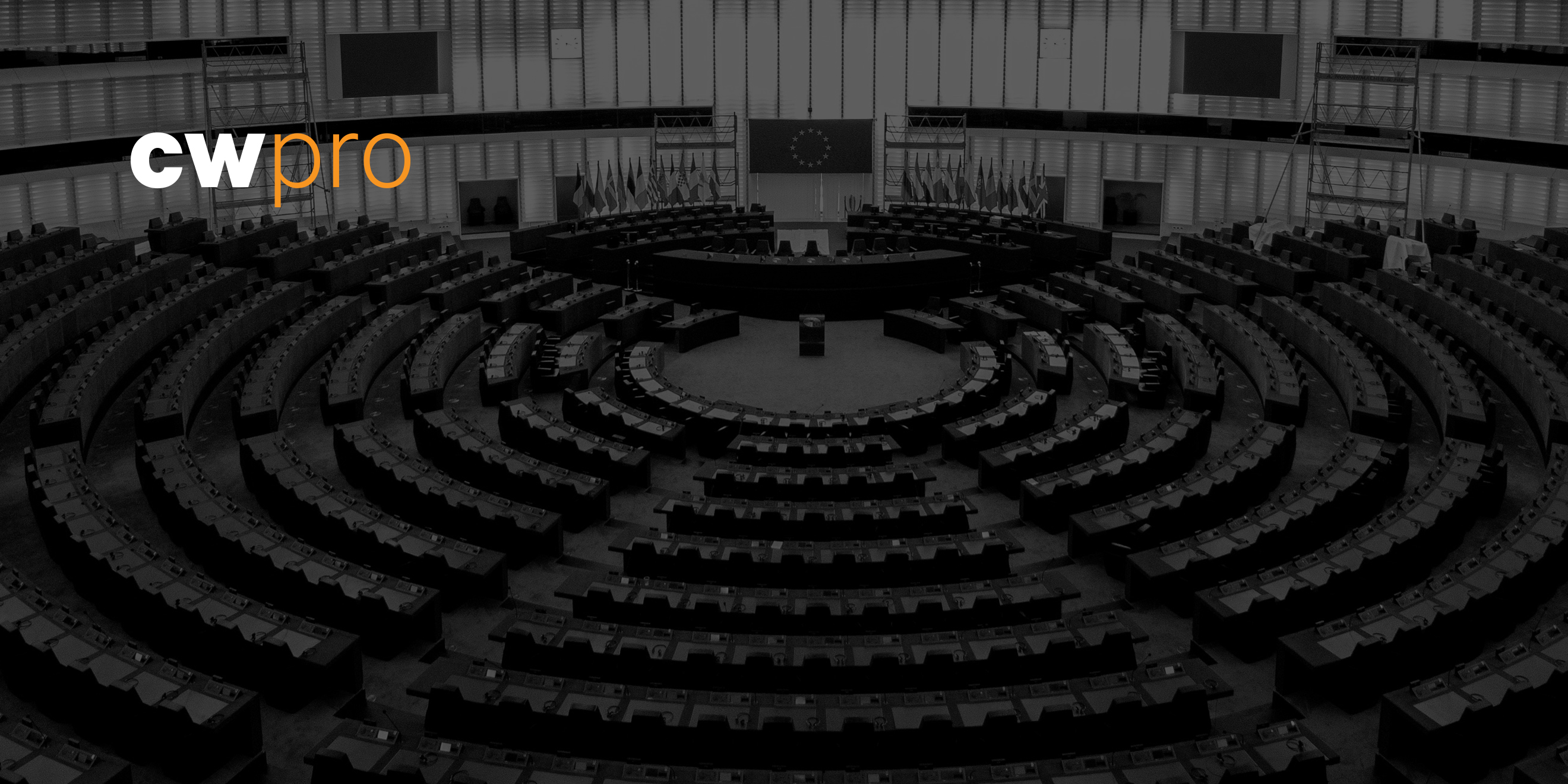Both the US and Iran seem to have moved back from the kinetic operations of the past two weeks. The US strike that killed General Soleimani and the Iraqi missile attacks against US housing areas in Iraq have not been followed by other, similar actions. The New York Times predicts that cyber operations will become correspondingly more attractive. The US does remain on high alert against a range of threats. CNN says the US FBI and the Department of Homeland Security distributed a Joint Intelligence Bulletin to law enforcement agencies around the country. It warns in part, "In the event [Iran] were to determine to conduct a Homeland attack, potential targets and methods of attack in the Homeland could range from cyber operations, to targeted assassinations of individuals deemed threats to the Iranian regime, to sabotage of public or private infrastructure, including US military bases, oil and gas facilities, and public landmarks." That amounts to a predictable target list for an adversary like Iran.
The US has also approached NATO to get more involved in the Middle East. Convincing the Atlantic Alliance to put more boots on the ground is generally regarded as a reach, Defense News points out, but closer cooperation on intelligence is arguably more feasible, as is collaboration on defensive and offensive cyber operations, should those prove necessary.
The controversy over Huawei and its prospective involvement in 5G network build-outs continues. The US and Australia have taken the hardest line of the Five Eyes, with New Zealand not far behind. The UK remains ambivalent, and Canada is having a national conversation over the matter. US Senator Tom Cotton (Republican of Arkansas) has introduced a bill that would restrict intelligence sharing with partners who allowed Huawei equipment into their networks. The bill, which is not yet close to a vote, would, CNBC notes, have significant implications for relations with allies, especially the Five Eyes.
Observers have long noticed, and regretted, the large number of Congressional committees that have some responsibility for cybersecurity. Fifth Domain reports that one of the recommendations of the Cyber Solarium Commission will be changing that. One committee in the House and one in the Senate should do very well, or so the Solarium is said to think.
